|
First aid is the assistance provided for a sick or injured person sometime before professional help even arrives, that critical first care. It is not a difficult thing to learn and has been reviewed and tweaked over the years to allow us all to gain the confidence and skills to assist more appropriately and succinctly. Are they vital skills you may ask? Many would argue yes and that is me! I have seen, as you might have, how it can be the difference between life and death, a serious injury or lessening a problem, supporting someone at need weather that be a colleague, a family member or someone in the general public. Isn’t it important that we all help each other out when things go wrong and they do! No one should die because they needed first aid and didn’t get it. Often situations can be stressful and distressing to both the casualty and the rescuer knowing what and why you are doing something will be enabling and reassuring. Remember that “Any help is better than none” Right! You can’t make things any worse, for someone, who is unconscious and not breathing by doing CPR. Accidents always happen, being that person who is trained, is known to increase bystander CPR outcomes for a casualty. We encourage the process of the ‘Chain of Survival’ for the overriding directive at a scene, Early access, early CPR, Early Defibrillation = Early Advanced Care…Keeping these as close together as possible, like links in a chain, means the best chances for a casualty. With the ‘Action Plan’ that you learn during the CPR component of training. being your step by step guide to work through the incident. DRSABCD, Danger, what is around the incident or could impact further and how could it be best managed, Response, is the casualty conscious or unconscious as this impacts considerably to what you do next, Sending for Help, making that 000 call as quickly as it is possible or as soon as it is realised they are required, Airways, checking for obstructions clearing if necessary and then tilting the head back for an adult or child (such an important part as no air no life), Breathing, are they breathing normally or not at all and deciding on what action is next, Compression's if they are unconscious and not breathing normally and finally, Defibrillation if there is access to one should always be used ASAP if CPR has commenced.. All of these steps are set in place to protect all those involved during an incident, how to respond and when. Every minute counts in an emergency and the way you respond to that is best done calmly and with good intent and direction. Training will promote your safety as it’s always better to be safe than sorry. It should raise your awareness to issues that could concern you in your industry or home life etc. Also helping you to avoid or even prevent a situation becoming worse. The earlier that CPR commences on a casualty that is unconscious and not breathing normally means that you are circulating vital blood which carries oxygen, glucose and nutrients to vital organs, heart, lungs and the brain to mention a few. This can sustain the casualty so that when the professionals arrive the time delay has hopefully not seen them deteriorate beyond hope. Techniques learnt regarding how many compression's to breaths (30-2), if breaths are possible, the rate of compression's (100-120 per minute), how deep to compress the chest, when to apply a defibrillator, is there one available or even when to stop CPR say when someone vomits and even how to change over CPR operators so that there is very limited down time for the casualty, is imperative knowledge and skills you can apply from training. Sometimes there is very little we can actually do, apart from call 000/112, such as heart attacks, stroke and some other medical conditions, monitor and reassure them while watching their vital signs and taking note of changes. Find out information if possible, from them or someone that might know them. Such things as allergies, medications they might be on or just taken, including any natural products, Past medical history, if they have just eaten and even what might have lead up to the incident or sometimes known as the mechanics of the injury. The acronym ‘AMPLE’ is something you might recall, assisting with this info you might need to pass on to the 000 operators or even to the paramedics when they arrive. YES YES YES!!! First Aider's make a difference. Consider training Before you wished you had! B-Ready, B-Trained and B-The difference!
0 Comments
Leave a Reply. |
AuthorI'm all about educating those who have completed a First Aid Course & those that haven't....... You can B-The one to make a difference so B-Ready! Archives
February 2018
Categories |
We Would Love to Have You train with us!
HoursOffice hours
M-Th: 9am - 5pm F: 9am-4pm |
Telephone |
|
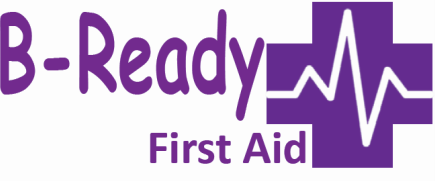
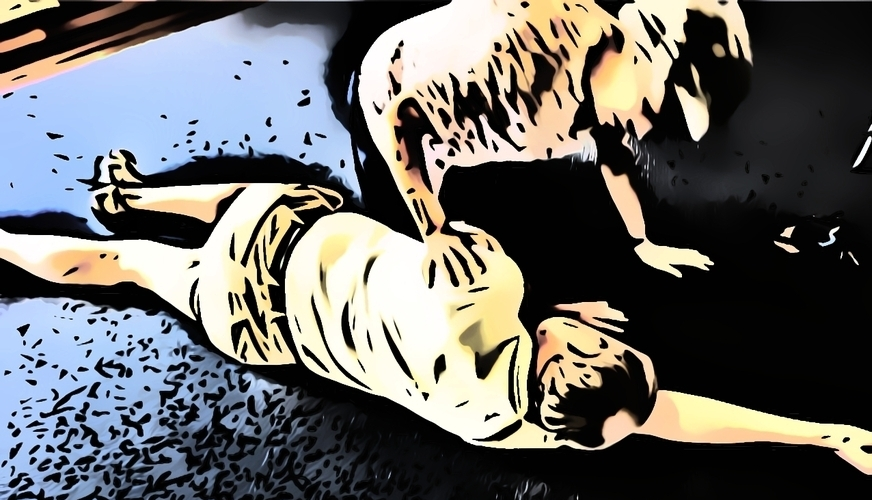
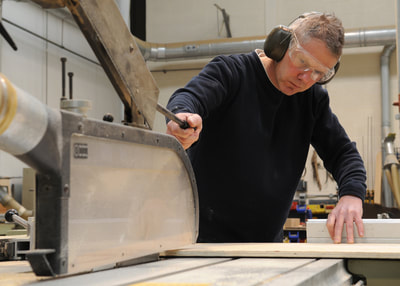
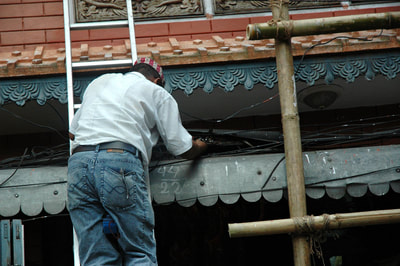
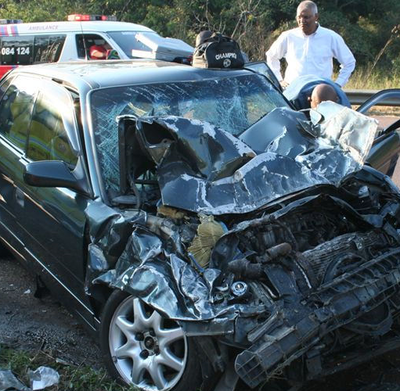
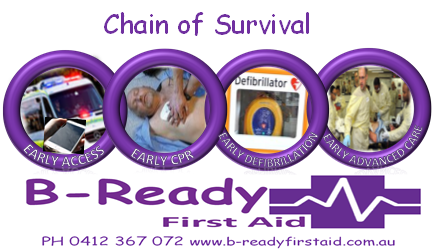
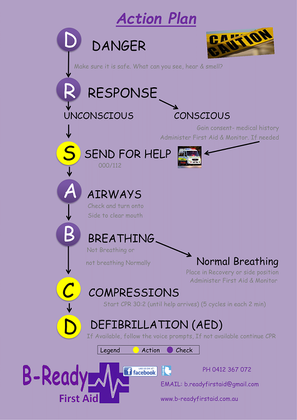
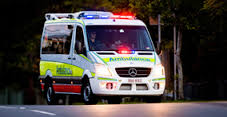
 RSS Feed
RSS Feed


